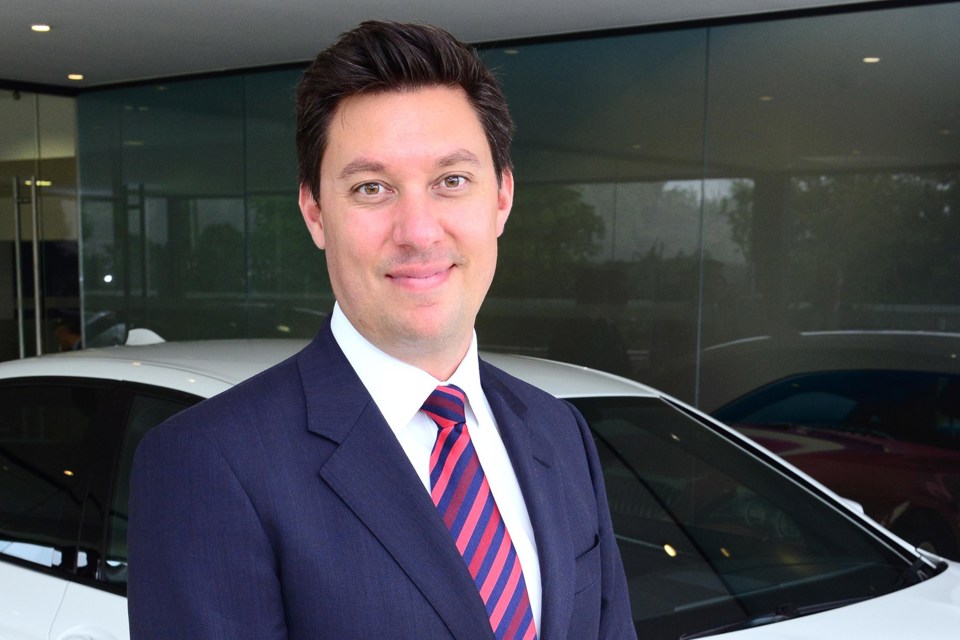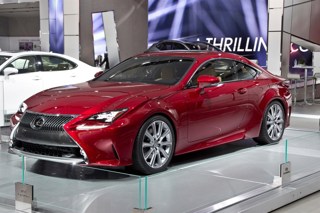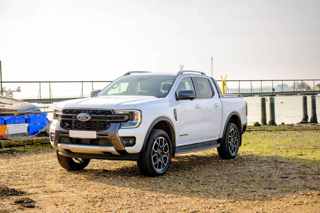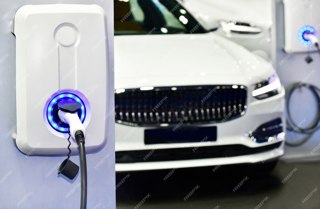Three out of four car dealership employees are overpaying BIK tax on their company vehicle according to an audit carried out by Cooper Solutions.
Billed as “the first audit of its kind on HMRC’s Averaging Agreement for company car drivers” the investigation revealed that dealership employees could be racking up an unnecessary spend equating to over £2 million in overpaid vehicle BIK.
Cooper Solutions is calling for HMRC to introduce fairer methods of taxation for the benefit of motor industry employees and their employers.
The Averaging Agreement scheme was officially introduced in 2009, specifically for the benefit of the motor industry, however, no formal review of its performance has been undertaken by HMRC since its implementation.
A statement issued by Cooper Solutions said that the business had taken the initiative to perform the first, quantifiable review of company car ‘private’ use, using its web based, real time solution for record keeping for dealership drivers – FullCompliance – in order to better understand the implications of the scheme.
Dean Pipitone, director of Cooper Solutions, said: “When the Averaging Agreement was first introduced, it seemed like a reasonable solution for franchised dealers.
“They would simply need to calculate the average vehicle BIK per price band and allocate employees to a band.
“However, eight years on and we can see that whilst most franchised dealerships try to comply with the Agreement, due to the demand placed on dealership vehicles, overpayment of tax is the reality.”
Based on analysis of data gathered over the last seven years by FullCompliance, over 1.3 million nightly records of private vehicle use, across nearly 7,000 company car drivers were recorded by dealers.
Of these nights, 26% were spent by employees in vehicles banded below the employees’ allocation.
Pipitone said: “Due to customer demonstrations, courtesy loans or other business factors, employees can only take home the car that is made available to them each night. This equates to more than £2 million worth of BIK overpayments made by employees.
“For employers, this means they paid more than necessary on National Insurance Contributions and VAT.”
He added: “We are campaigning on behalf of the industry to see a formal review by HMRC of the shortcomings of the Averaging Agreement, and call upon it to consider how technology solutions that record, in real time, the actual use of vehicles based on availability, can produce a fairer means of taxing employees and their employers.”
FullCompliance is a web-based system designed to meet national HMRC requirements that dealers account for company car user activity.
The tool manages the Averaging Agreement and calculates vehicle and fuel benefit in kind (BIK) per driver.
FullCompliance creates driver reports to prove actual vehicle use aligns with driver BIK and banding.


















Alastair Kendrick - 20/04/2017 12:23
This is an interesting report.but it should be remembered that in most instances the result of using the car averaging arrangement will give a distorted result seeing it requires taking the cars made available on a particular date in January selected by the dealer. It is important though to remember that if this leads to a higher BIK figure than it should the employee can elect for the statutory basis and provide HMRC with details of the actual cars driven in the year It is also the case that one of the reasons the car averaging rules have not been updated is that there is a reducing number of employers who use this arrangement. It is the case that an increasing number of dealers are operating employee car ownership schemes which fall outside the BIK rules or report the actual cars driven